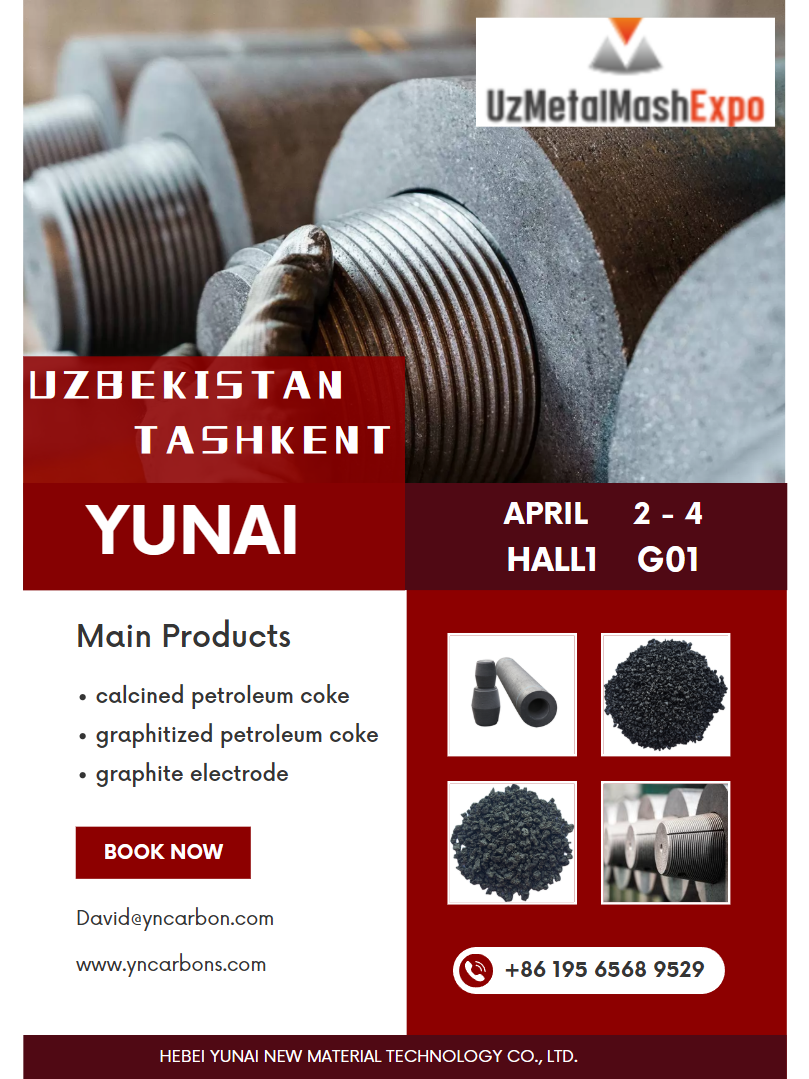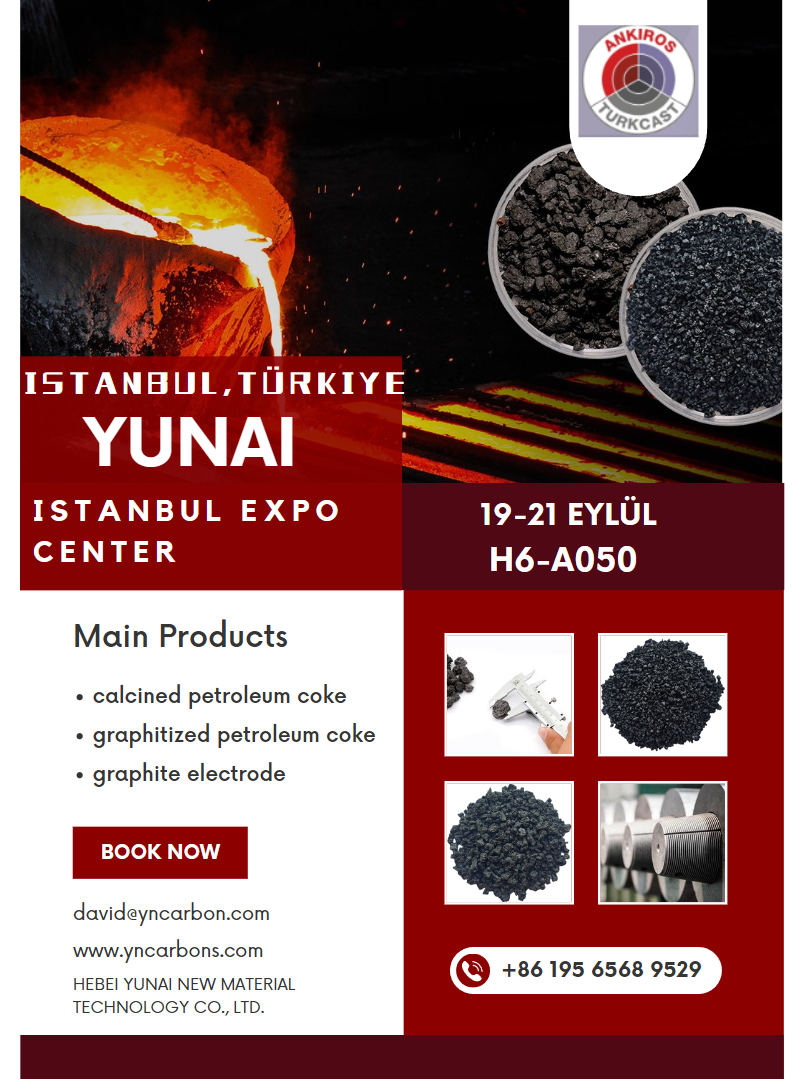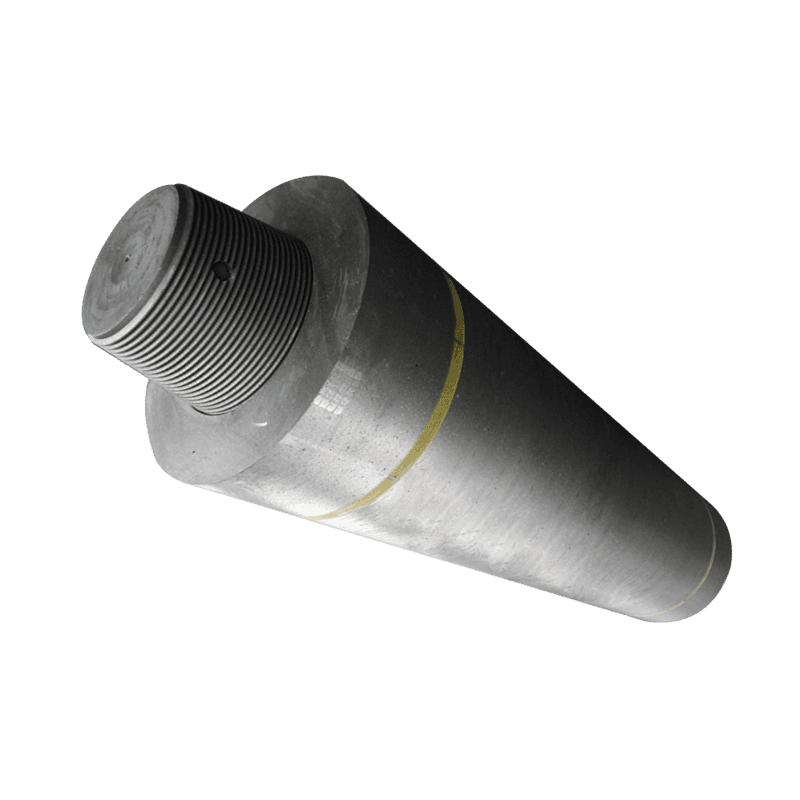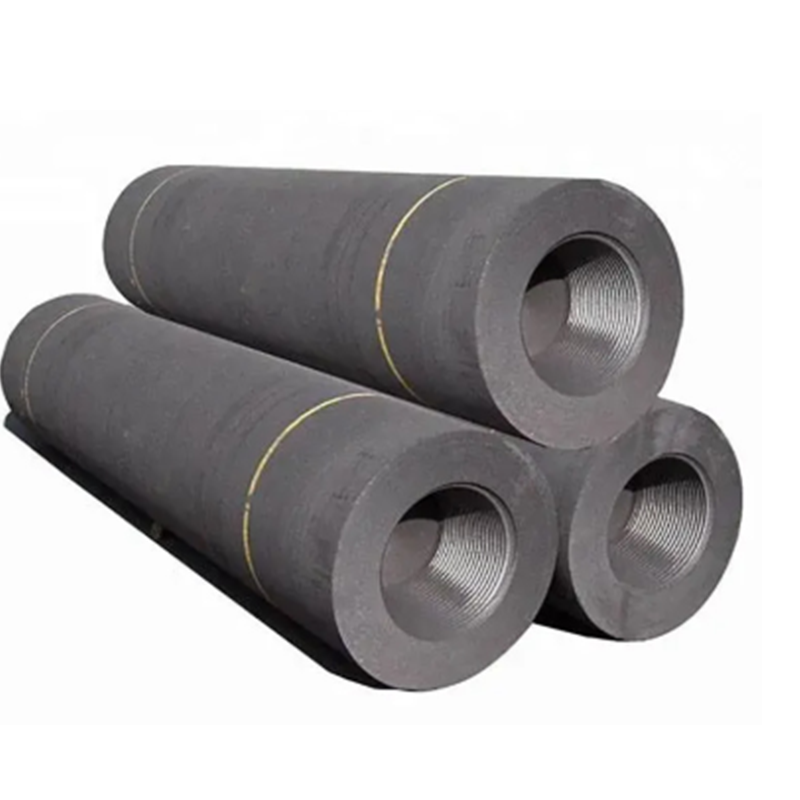Exploring the Versatile Applications of Calcined Petroleum Coke
Release Time:
Jul 01,2025
Discover the diverse applications of Calcined Petroleum Coke and its impact on various industries.
What is Calcined Petroleum Coke?
Calcined Petroleum Coke, or CPC as the cool kids call it, is a form of carbon derived from the calcination of petroleum coke. Sounds complex, right? But hang tight, because this black gold has a plethora of applications that make it a superstar in the industrial world.
The Process Behind the Product
Alright, let’s break it down. The journey of Calcined Petroleum Coke begins with raw petroleum coke, which is a byproduct of the oil refining process. This raw material is heated to extreme temperatures (around 1300°C or 2400°F) in a rotary kiln or a shaft furnace. The result? A dense, high-carbon product that’s not just a pretty face!
Why It's a Game Changer
So, why all the fuss about Calcined Petroleum Coke? Well, it’s all about its properties. With a low level of impurities, high electrical conductivity, and excellent thermal resistance, CPC is like the Swiss Army knife of materials. Industries across the board use it—let’s dive into some of its applications!
1. Aluminum Production
First off, let’s talk aluminum. Calcined Petroleum Coke is a key ingredient in the production of aluminum. It serves as a carbon source in the electrolytic reduction process. In simpler terms, without CPC, we’d be in a bit of a pickle when it comes to producing aluminum. Talk about essential!
2. Steel Manufacturing
Next up, steel. The steel industry embraces Calcined Petroleum Coke for its role in producing high-quality steel. By acting as a recarburizer, it helps maintain the desired carbon levels in molten steel. This means better strength and durability in the final product. Who doesn’t want stronger steel?
3. Electrode Production
Now, let’s not forget about electrodes. CPC is crucial for producing carbon electrodes used in various applications, including electric arc furnaces. These electrodes conduct electricity and facilitate the melting of materials, making CPC a cornerstone of the electrochemical industry.
4. Coatings and Sealants
Did you know Calcined Petroleum Coke also shines in the coatings and sealants arena? Its high purity and low porosity make it an ideal filler material. Whether it’s for paints, asphalt, or other coatings, CPC adds strength and durability, putting it in high demand.
5. Batteries and Fuel Cells
As we shift toward greener technologies, Calcined Petroleum Coke is stepping into the spotlight in the battery industry. It’s used in the production of anodes for lithium-ion batteries and fuel cells. With the world going electric, CPC is the unsung hero powering our devices!
Environmental Considerations
Of course, with great power comes great responsibility. The production and use of Calcined Petroleum Coke can have environmental impacts. However, many companies are adopting cleaner technologies and processes to mitigate these effects. It’s all about finding that sweet balance, folks!
Conclusion
In the end, Calcined Petroleum Coke is much more than just a carbon material; it’s a cornerstone of multiple industries. From aluminum to batteries, its versatility is second to none. As we continue to innovate and look for sustainable solutions, CPC’s role will undoubtedly evolve, leading to even more exciting applications in the future. So, the next time you hear about Calcined Petroleum Coke, remember: it’s not just a material; it’s a game changer!
Keywords:
More information









